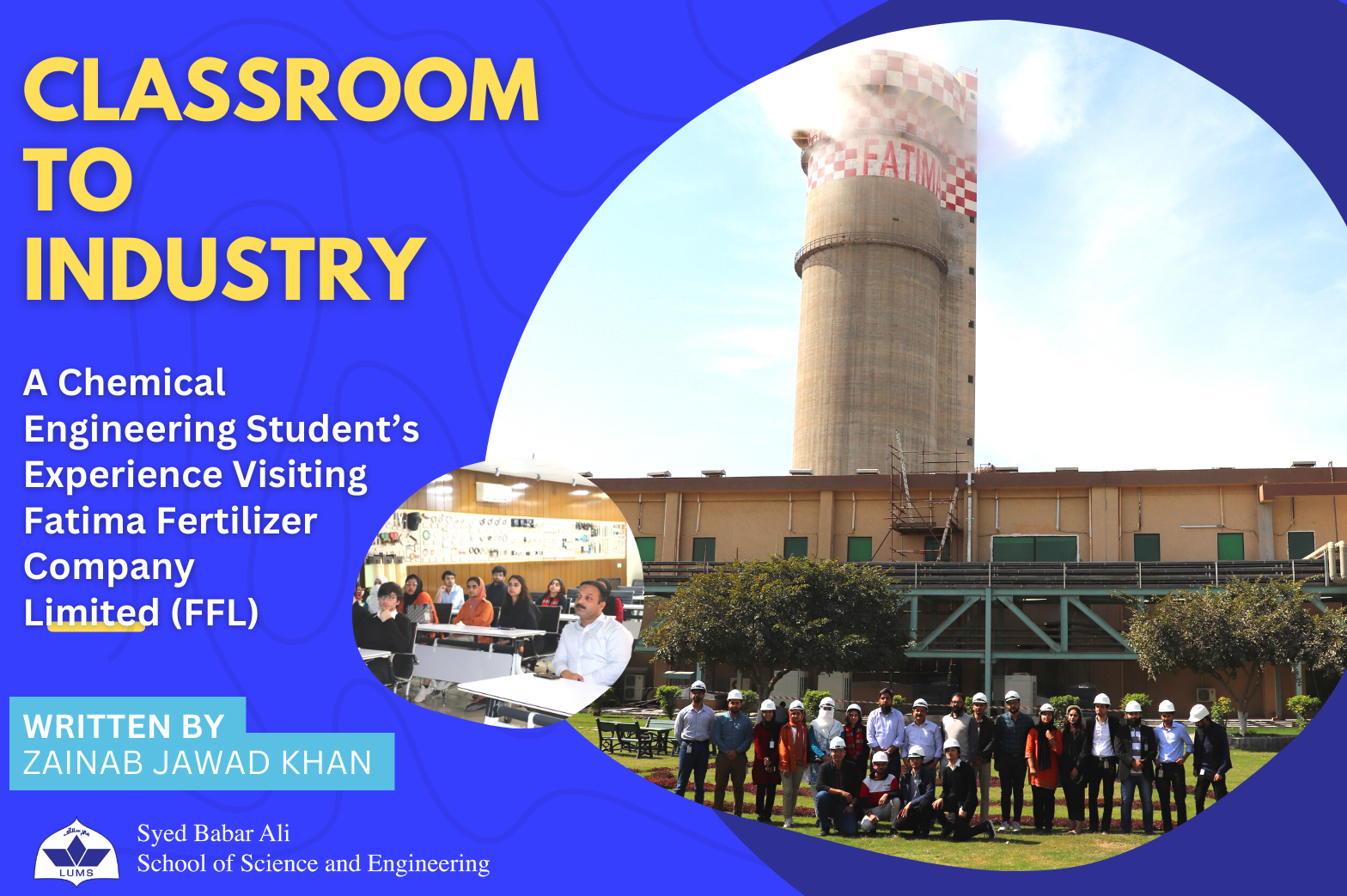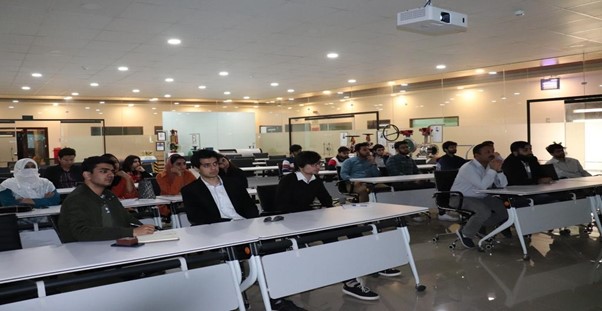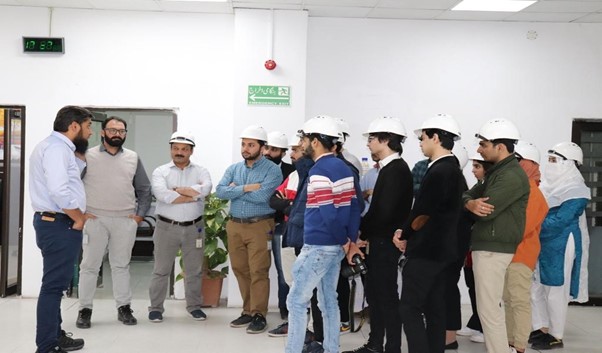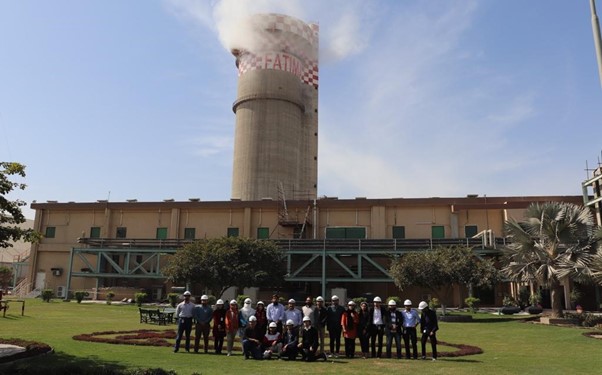
Classroom to Industry - A Chemical Engineering Student’s Experience Visiting Fatima Fertilizer Company Limited (FFL)
An industrial visit to Fatima Fertilizer Company Limited (FFL) was arranged for Chemistry and Chemical Engineering students, courtesy of Dr. Faheem Hassan Akhtar. The visit took place from February 12th to 13th, 2023.
Hey there! I am Zainab Jawad Khan, a sophomore at LUMS. I am one of those rare species at LUMS that have opted to major in Chemistry and Chemical Engineering because of my deep interest and passion for the subject. Therefore, when I learnt about this educational excursion, my excitement was on another level, and it truly turned out to be a rewarding experience for me. Join me as I take you through my exhilarating trip.
This two-day trip to Sadiqabad was a massive success, serving as a stepping stone towards the realization of LUMS’ objectives of learning without borders, as well as the Chemistry and Chemical Engineering department’s goal of amalgamating and implementing science into engineering and vice versa.
The underlying objectives of this visit were predetermined and spot-on for all participants. The senior batch hoped to receive aid in their job-hunting process, junior batches were informed about various aspects of the industry, assisting them in deciding between grad school and an industrial profession. For sophomores like me, it provided an opportunity to witness the application of theoretical concepts learned in the classroom in a real-world setting.
On Sunday morning, we departed from LUMS and headed towards FFL Sadiqabad. This eight-hour long drive was indeed tiring, but the welcome and warmth we received on our arrival were truly sterling. After checking into our rooms, we were accompanied by the senior management for a regal, red-carpeted dinner where we had casual chit-chat about what to expect from this trip. After dinner, we thoroughly enjoyed strolling around the FFL township until late at night. The gated community was highly secure and well-lit thanks to FFL’s self-generated power.
Since its establishment in 2005, FFL has been a major contributor to the fertilizer industry in Pakistan. FFL produces a range of fertilizers including urea, Nitro-Phosphate(NP) and Calcium Ammonium Nitrate (CAN). With a production capacity of 1.4 million tons per year, FFL is a significant player in the industry.
The next day brought amazement, learning, fun and the experience of a lifetime. We kicked off our day with an information session at the Learning and Development Centre (L&DC). During the session, we learned how FFL encourages innovation and is rigorously progressing towards the latest technologies for fertilizer production that are both environmentally friendly and efficient. I was delighted to learn that FFL holds the Guinness World Record for 60,220,000 safe man-hours.
Furthermore, the FFL management briefed us on the methods used to produce various types of fertilizers, quality control standards, and stringent monitoring required in this process because little negligence can be extremely lethal. We also learned about the everyday life of a worker at FFL and how the organization strives to drive away monotony. After this informative session, we put on our helmets and geared up for the visual tour of the site.

First, we were given a tour of the control centre, which housed various monitoring devices. To our amazement, they also employed artificial intelligence (AI) tools for accurate data collection. The smoke chimneys, mammoth heating chamber, cooling tower- all of which I had only read about in textbooks – were so captivating in reality. The scale and grandeur of the site left us all astounded, and we took pictures to preserve this beautiful memory. After our visit to the plant, we returned to the township for lunch with the senior management, who gave us lovely souvenirs before we bid farewell to this incredible place.

This trip, though short, was indeed an enriching experience clustered with a plethora of lovely memories and valuable insights into industrial operations. We were given a golden opportunity to witness firsthand the various processes involved in manufacturing fertilizers, using advanced technology and machinery which helped us apprehend the practical application of theoretical concepts. Interacting with experts allowed us to broaden our horizons and clarify our doubts regarding the stereotypical perception of industrial jobs being monotonous and tiring.
To recapitulate, this industrial visit was a valuable learning experience that I will cherish for years to come.


